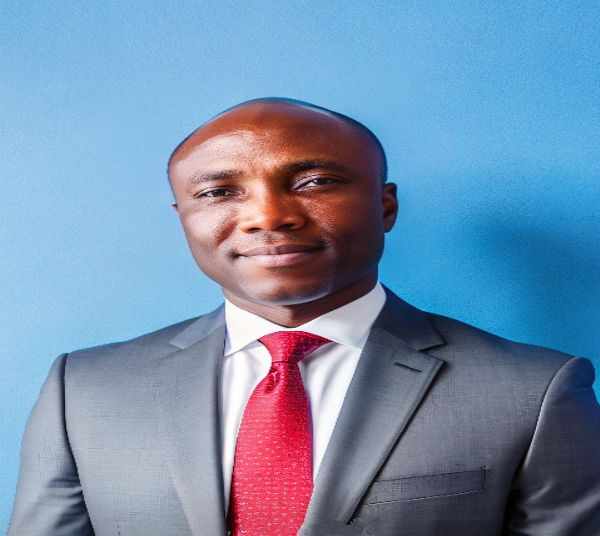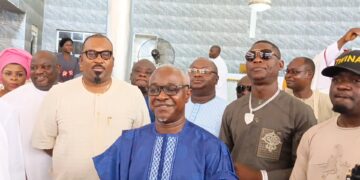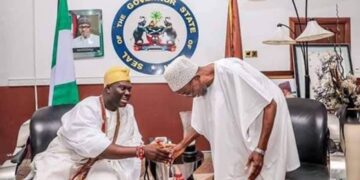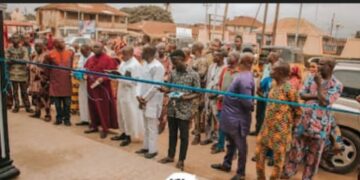President Bola Ahmed Tinubu has been advised to halt the politicisation of appointments into Nigeria’s specialised and research institutions.
The advice was contained in a released signed by Dr Olawumi Adisa of the department of Human Kinetics, faculty of education, University of Ibadan, entitled, “safeguarding Nigeria’s intellectual integrity: A dissenting voice against the politicisation of specialised institutions”.
According to the University don, “the recent appointment of Mr. Philip Shaibu, a career politician, as the Director-General of the Nigerian Institute of Sports (NIS) by President Bola Ahmed Tinubu has reignited longstanding concerns about the politicisation of Nigeria’s specialised and research institutions.”
He therefore called on the Federal Government and the National Assembly to “reaffirm the principle of meritocracy in the appointment of leaders to all specialised and research institutions, review recent appointments that do not meet the required professional standards, establish Clear Appointment Guidelines, rooted in academic and technical competence, for leadership positions in institutions like the NIS, research centres, and universities and preserve preserve Institutional Autonomy and promote stakeholder involvement in leadership selection processes.”
The Sports scholar counselled president Bola Tinubu to always find a person with the requisite research experience to head a research institution adding that doing otherwise will compromise such specialised institutions, like the Nigerian Institute of Sports (NIS).
Dr Adisa added that “while individuals like Mr. Shaibu may have political clout, their placement as Director-General or Chief Executive Officer of specialised institutions without relevant qualifications trivialises the essence of technical expertise, undermines institutional capacity, and sets a poor precedence for future leadership selections.”
“NIS is not a political platform, it is a research-intensive, professional institution with a clear mandate to advance sports science, coaching education, and performance development in Nigeria. To appoint someone who lacks both the academic background and professional pedigree required for such a role is not only a glaring aberration but a disturbing misfit that threatens the very foundation upon which the institute was built. Such appointments signal a dangerous drift from professionalism to partisanship in the governance of institutions meant to serve national development. History offers an instructive warning. In 1996, during General Sani Abacha’s military regime, retired Major-General Mamman Kontagora was controversially appointed as the sole administrator of Ahmadu Bello University (ABU), Zaria, a decision widely criticised by academics and civil society. That move, which bypassed the principles of university autonomy and scholarly governance, was condemned as an attack on academic freedom and the professional integrity of one of Nigeria’s most respected universities.” He stressed.
The University don further stated that executive and operational leadership, particularly at the DG or CEO level, must be entrusted to professionals with proven expertise and academic grounding in the relevant field in order to ensure effective policy implementation, continuity of research excellence, and integrity of purpose.
He lamented that replacement of professional competence with political patronage in the leadership of critical institutions which he says is not only counterproductive, but dangerous as it breeds mediocrity, discourages professionals, and gradually erodes public trust in institutions established to deliver specialised knowledge, innovation, and excellence.”















